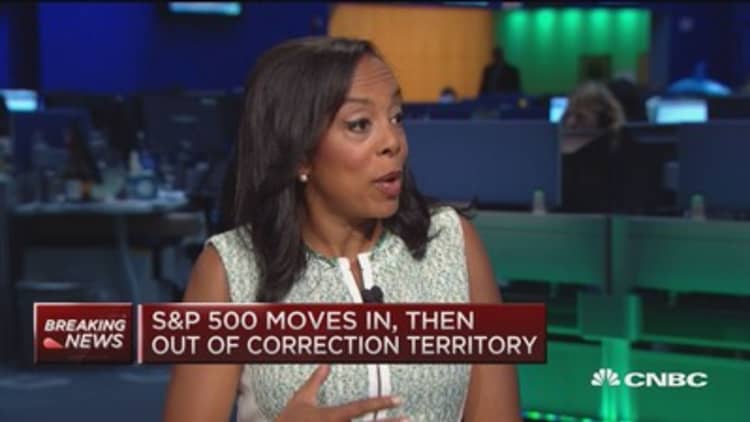
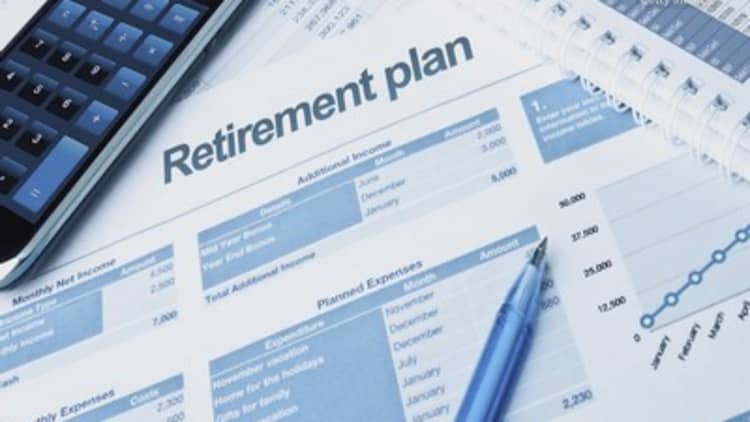
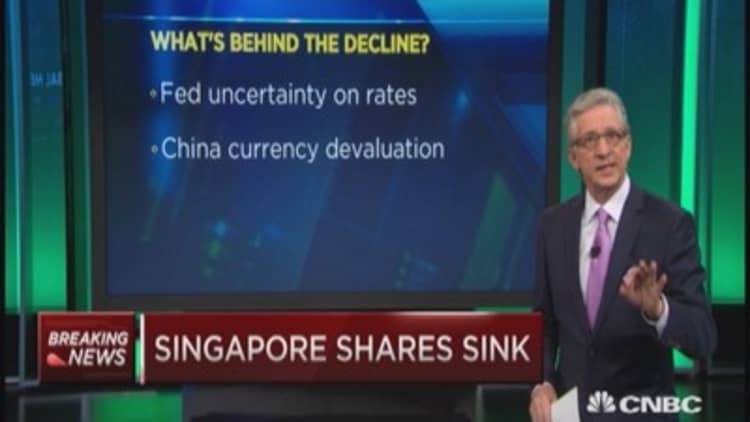
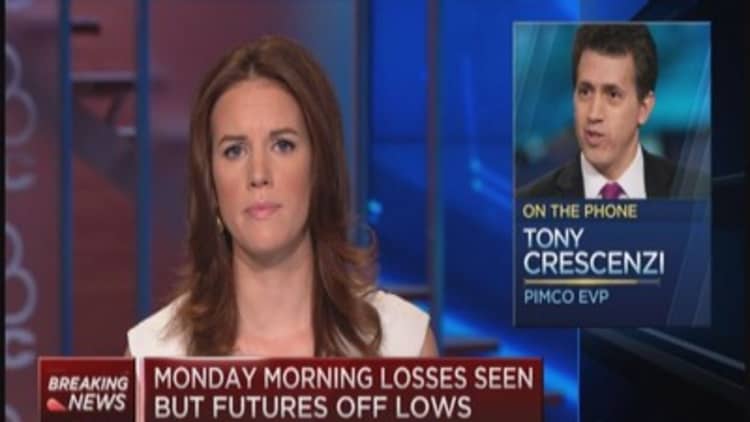
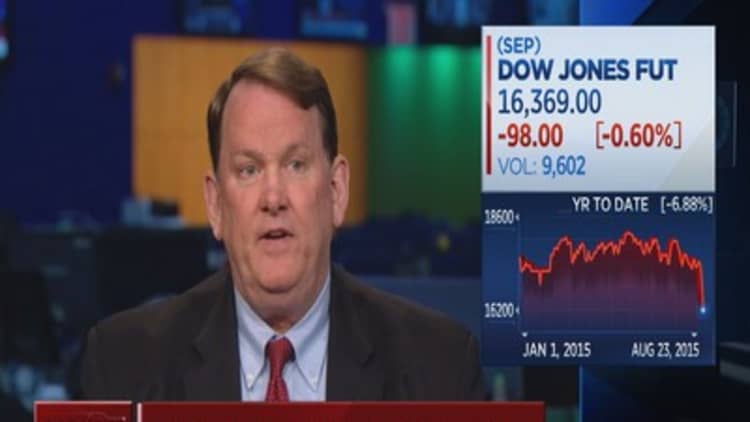
Market turmoil may be even more unsettling for investors with just a few years to go until retirement—what experts consider a portfolio "danger zone." Avoiding wrong moves amid the turmoil could be even more critical.
Financial advisors have been shifting their recommendations in recent years, urging consumers to head into retirement with greater stock exposure than previously recommended. As consumers live longer, they reason, that more aggressive allocation continues generating growth with what could be a 25-, 30- or even 40-year time horizon.
"If you've amassed enough money that you're comfortable enough earning zero-point-who-cares, then congratulations and high five," said Ed Gjertsen II, a certified financial planner at Mack Investment Securities in Northfield, Illinois, and president of the Financial Planning Association.
For many consumers, he said, underexposure to equities is the bigger gamble. A Prudential study found that significant fixed-income allocations, combined with an extended period of low interest rates, could increase a retiree's risk of running out of money from 21 percent to 54 percent.
Yet other soon-to-be retirees may be overexposed to equities. In a recent report, Fidelity found that 18 percent of account holders age 50 to 54 had a stock allocation at least 10 points higher than suggested, and another 11 percent had all of their 401(k) assets in stock. Among those 55 to 59, 27 percent had a higher-than-recommended stock allocation, and another 10 percent had their entire 401(k) in stocks.
Wherever you fall on that spectrum, now isn't the time to make a radical pullback to less risky investments—or out of the market altogether. "Making decisions in times of stress and panic generally doesn't turn out well," said Gjertsen.
Nor is there necessarily a need to panic. "Don't get in the mindset of, 'There goes my retirement,' " said Eleanor Blayney, consumer advocate at the Certified Financial Planner Board of Standards. A lot can happen in a short period. "In 2008, some people saw as much as a 50 percent loss," she said. "It's good to go back and remember that, and how quickly we came back."
Ideally, investors approaching retirement have already determined the best asset allocation for their timeline and risk tolerance that they can stay the course through this market volatility, said Andrea Blackwelder, certified financial planner and president of Wisdom Wealth Strategies in Denver.
For those feeling suddenly nervous about their equity exposure, what to do next depends on on your outlook. "If you think this is a minor correction, you'd better ride it out because you already missed your get-out spot," Blackwelder said. Worried this is the first sign of bigger economic woes to come? Call your advisor to discuss options, she said, but be aware that adjustments won't be painless when you've already taken a portfolio hit.
An easy offset for those still working is to continue saving. "What I gently tell people is, if you're in a retirement plan 401(k), please do not stop those contributions," Gjertsen said. Buying in at market lows can help you recover faster when the market rebounds, he said.
Look ahead to future contributions, especially if market news has shown you're less risk tolerant than you thought.
"You want to have that portfolio in a position so you can begin retirement with that four, five or six years of funds that you don't need to be jarred by these kinds of events," said Blayney. Investors who don't already have that kind of liquidity built in could reallocate future contributions to build up the fixed-income portion of their portfolio, she said.
Even close to retirement, investors are often still better off dollar-cost averaging, keeping new contributions flowing into their riskier investments, Blackwelder said. "If today's a deposit day for your 401(k), it's a pretty big win," she said.








